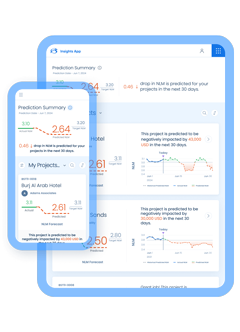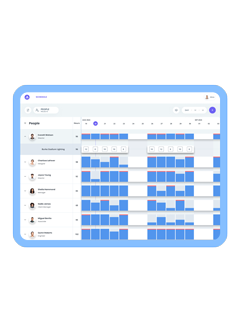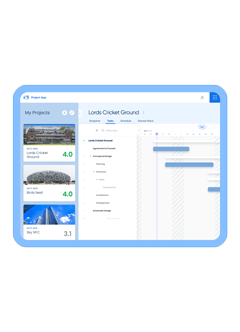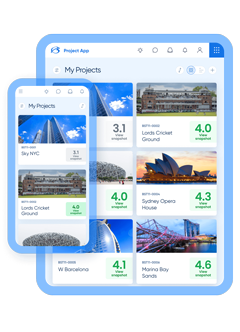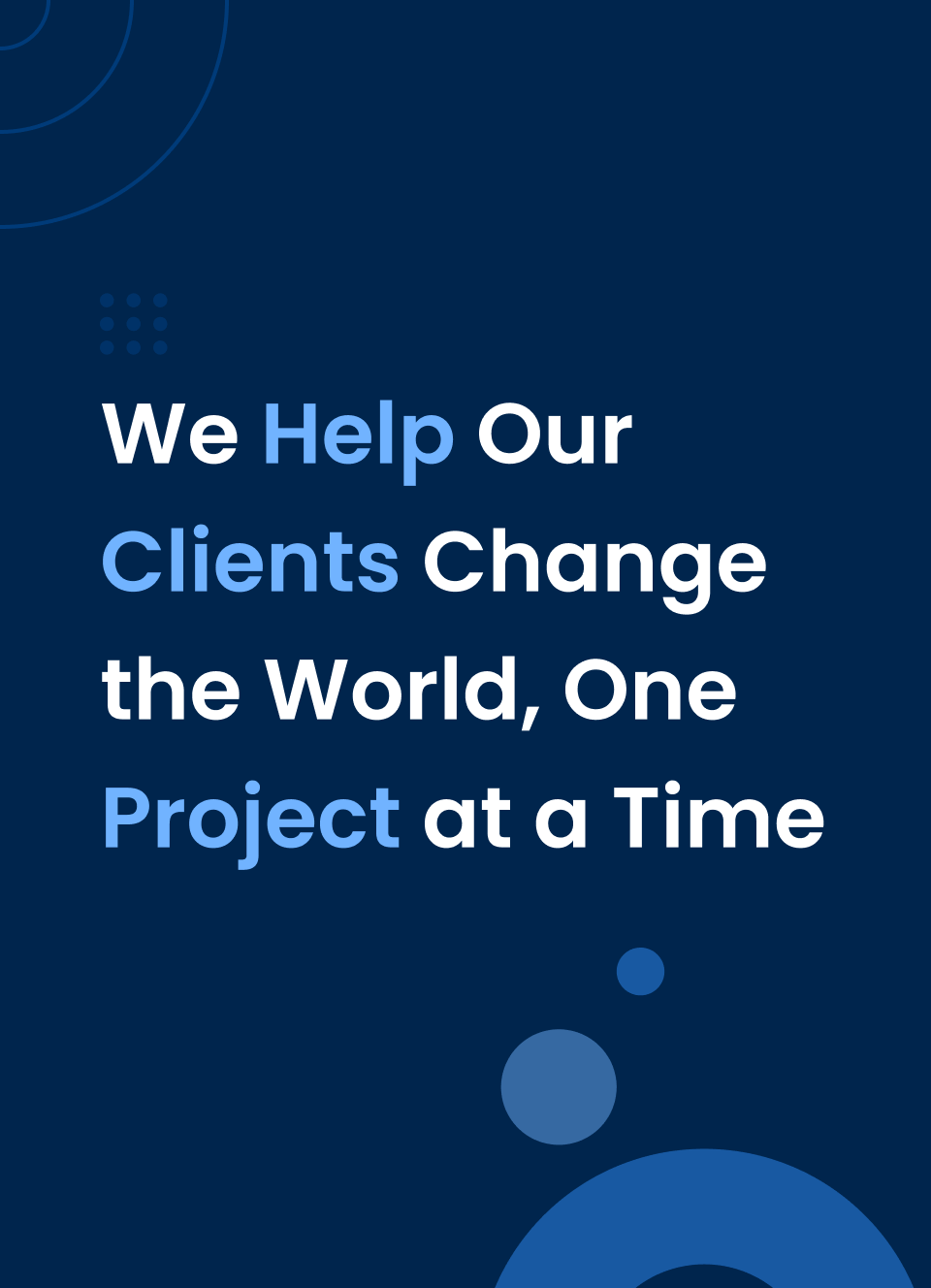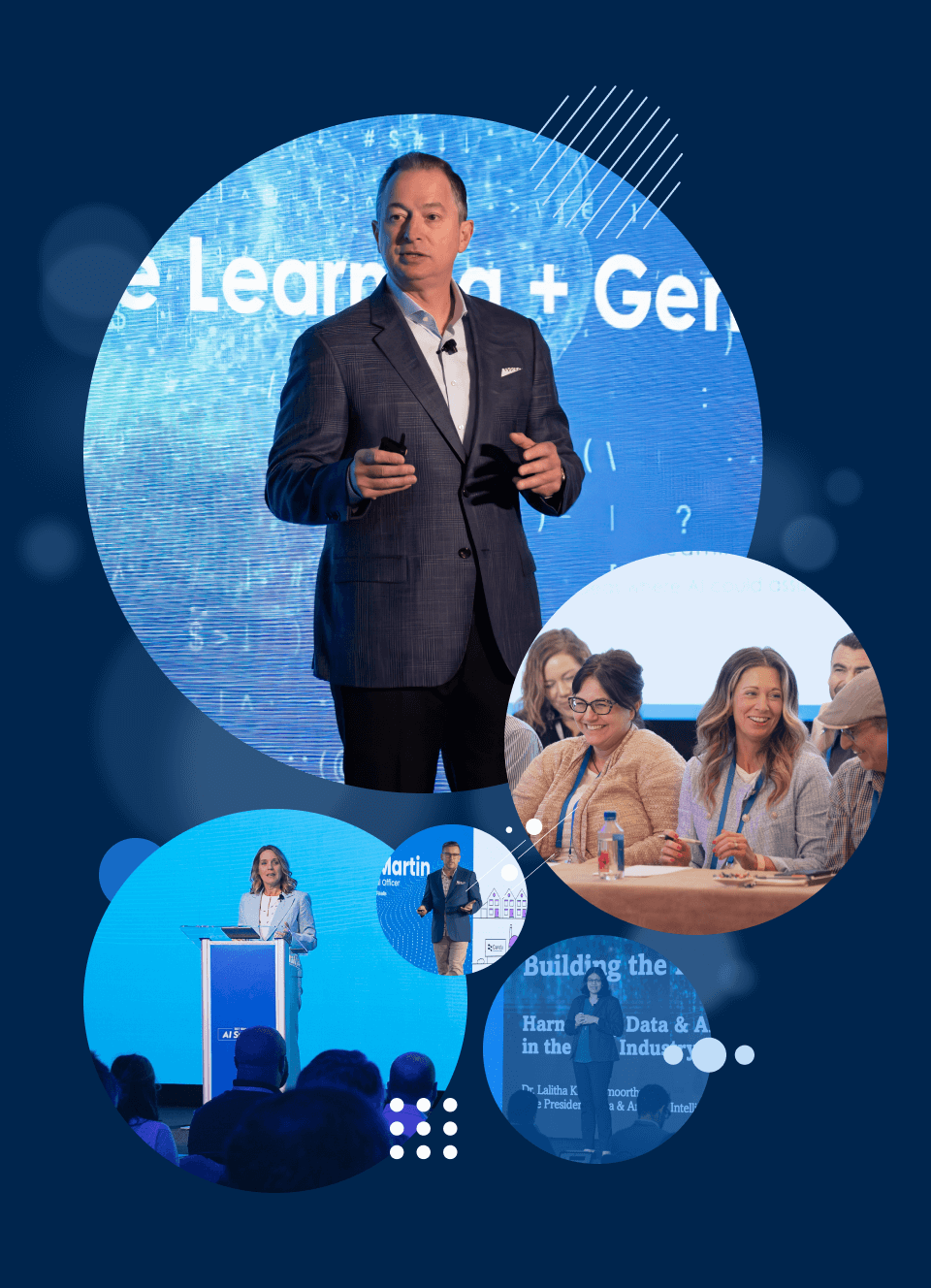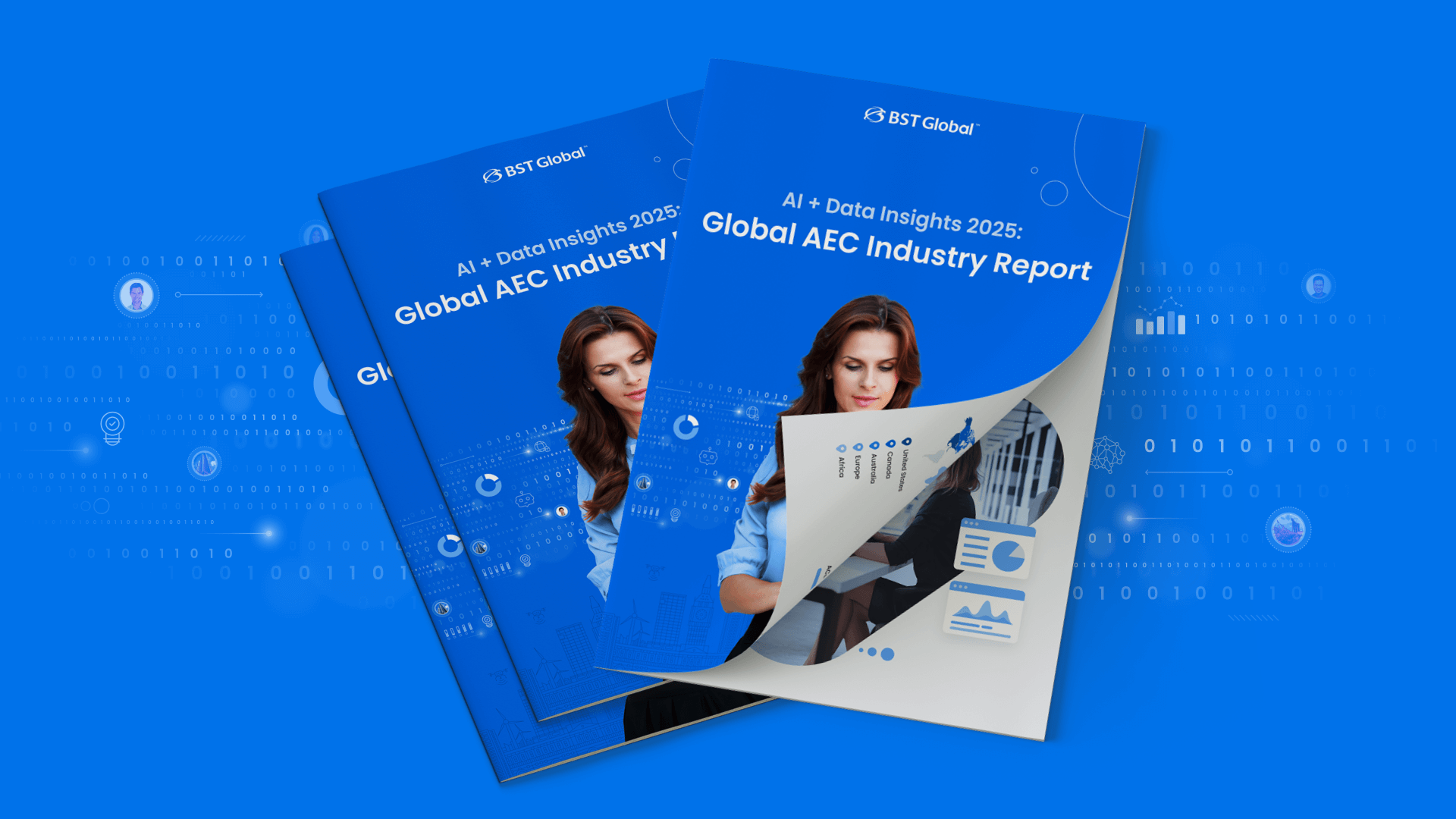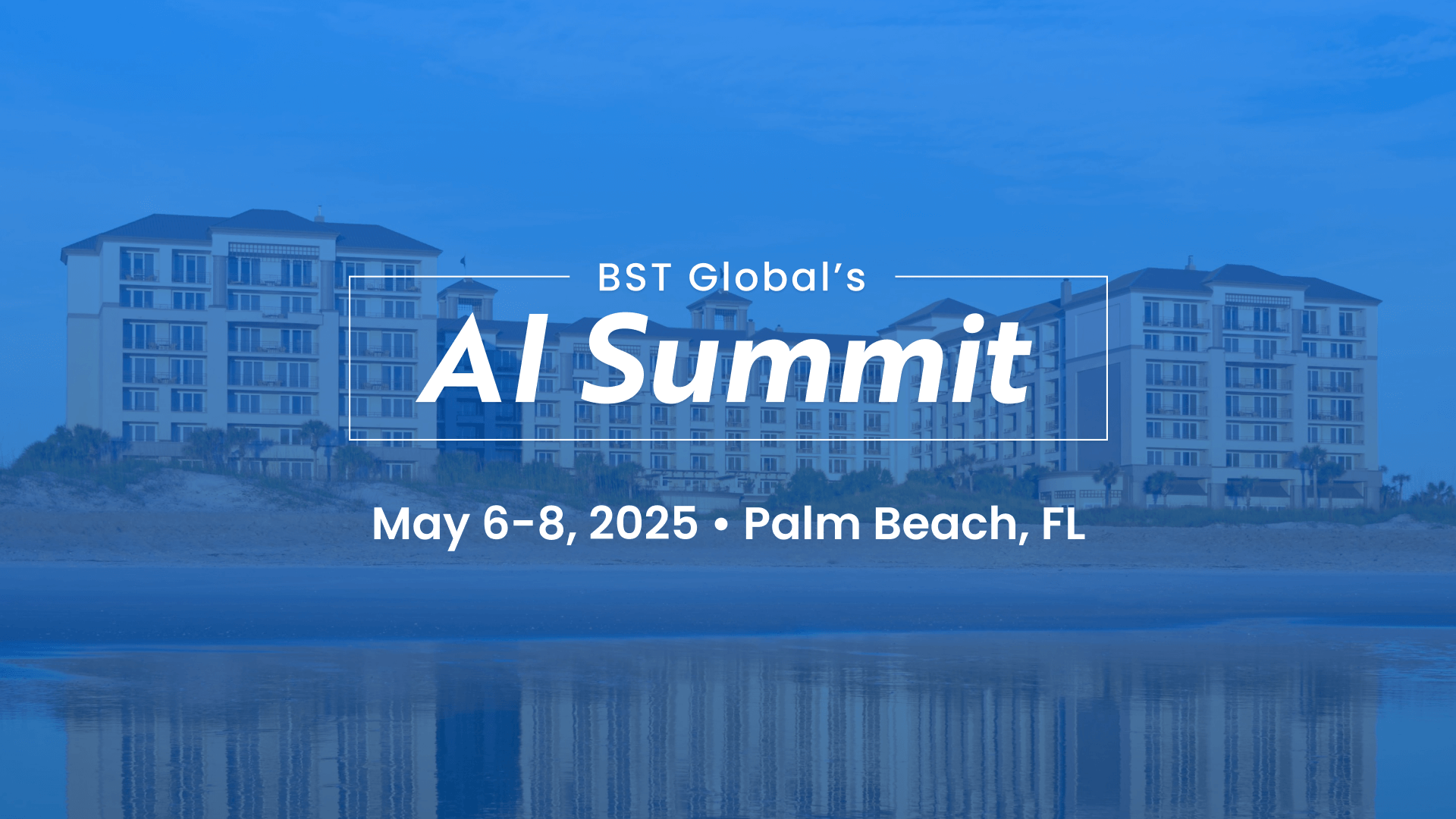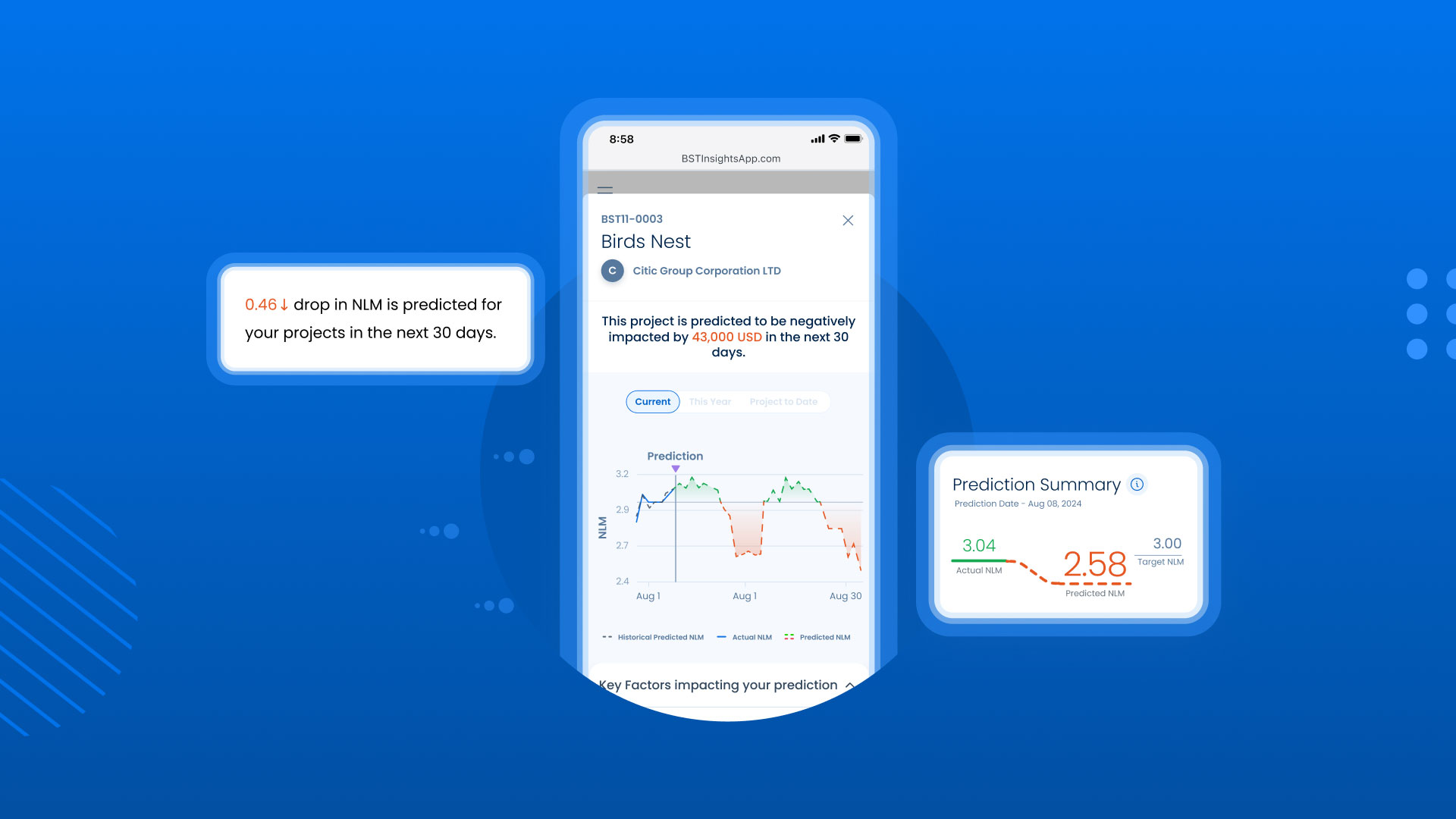Having time to sift through all of the new research, infographics, and buzz words is challenging. Everyday, there is an increasing amount of data being thrown at us. It’s hard to know what to tune into and what to tune out.
To help you navigate through the sea of information, we’re launching a series of blog posts exploring the major trends that will transform your consultancy. Over the next few months, follow along with us as we take an in-depth look into how these developments will affect our future, both tomorrow and beyond.
Trend one: The “Big” Shift
We’ve seen it coming — the “Big” Shift. This year, the Millennial generation is projected to surpass the outsized Baby Boom generation as the largest living generation. What’s more, they’ve also edged out Generation X to make up the largest share of the American workforce.
This massive generational shift has big implications for the way we do business. Chances are you are already hiring Millennials, promoting them, and trying to figure out how to get them to stay. Millennials have a new set of expectations surrounding work.
And, if we don’t shift our own practices, we will fall behind.
Who are they?
Millennials are the boom from the Baby Boomers. They are between the ages of 18 and 34, they are passionate, they are tech savvy, they love to share, and they are always connected. They are the first generation to be raised on mobile phones and the Internet. Not surprisingly, 87% of Millennials agree that their smartphone never leaves their side, night or day.
What motivates them?
In a recent Kleiner Perkins survey, Millennials selected their most valued work benefit – and the results may surprise you. Training and development placed first with 22% of the vote, followed by flexible working hours at 19%, and cash bonuses coming in at 14%.
Additionally, managers and Millennials were both asked what the most important thing to Millennials is in terms of work. Thirty percent of Millennials indicated meaningful work as the most important thing to them, yet nearly half of their managers guessed it to be higher pay. This statistic is very telling — there is a big perception disconnect happening between Millennials and their managers.
What do they expect?
Millennials entering the industry have different expectations around work/life balance, availability of workplace environments, technological resources, and training that meet their standards of simplicity and flexibility.
Flexibility
They expect flexible work hours and 32% believe they will be working ‘mainly flexible’ hours in the future.
Mobility
They expect to be able to work from home, office, or cafes at will.
The latest technology
Millennials prefer to collaborate online at work as opposed to in-person or over the phone, and 45% use personal smartphones for work. Moreover, the consumer software Millennials use at home (think Apple, Google) influences their expectations at work. They expect a beautiful user experience and they want it on-the-go. This trend, called the Consumerization of Software, is important to recognize.
Mentorship
Millennials have very short tenures (just 2 years!) when compared to other generations which range from 5-10 years. Why? A recent Deloitte study cites one of the primary reasons Millennials seek change is a lack of personal benefit, growth, and mentorship. Of note, 71% of those likely to leave their job in the next two years are unhappy with the development of their leadership skills.
What can you do?
Embrace the opportunity and find a way to connect with Millennials and leverage their talent and passion. Your growing workforce comes with different expectations, so it may be time to rethink your work environment. Millennials want to collaborate, learn, and grow. They want to feel supported and valued. They want flexibility. Create an environment that fosters this and you will create a company where Millennials want to work, love to work, and stay for years.
Millennials are, after all, the future of our industry. Ben Horowitz with 4B private equity firm Andreessen Horowitz said: “Younger people tend to be more innovative because they have fewer assumptions. They don’t understand why things are the way they are. They don’t understand why they have to hail a taxi… You get more innovation because of that.”
Has your company seen a shift in workforce? If so, share some of your best practices or lessons learned in a comment below!
Author’s Note: This is the first in a series on major trends affecting the architecture, engineering, and environmental consulting industry.
